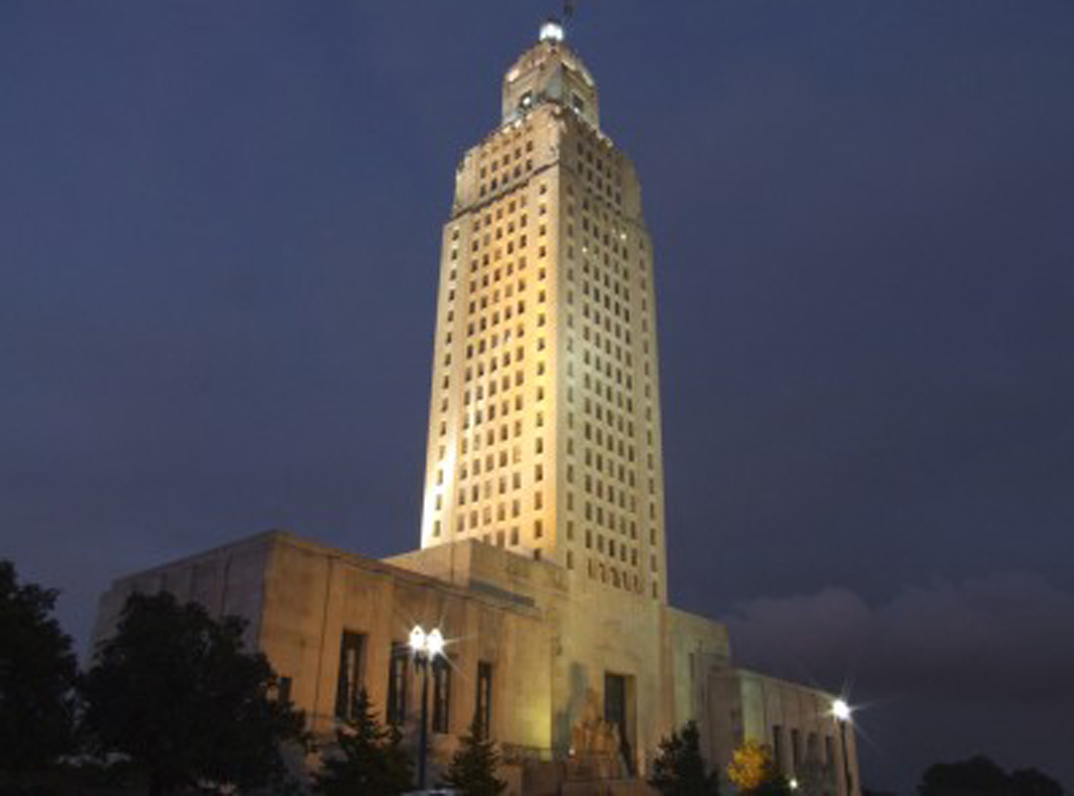BATON ROUGE — Seeking to help rebalance this year’s budget and avoid cuts to higher education, Louisiana lawmakers have agreed to use $28.2 million from the state’s “rainy day” fund.
Thirty-eight of 39 senators voted to tap into the Budget Stabilization Fund, along with 87 of the 105 House members, according to figures released Wednesday by Senate spokeswoman Brenda Hodge and House Clerk Alfred “Butch” Speer.
That vote count more than met the two-thirds support needed from each chamber.
It was the last piece of Gov. Bobby Jindal’s plan to close a $487 million deficit in this year’s $25 billion budget for the fiscal year that ends June 30. Without the money from the rainy day fund, the Jindal administration said public colleges could have faced reductions.
“Under the circumstances, I believe the House has chosen the best possible way to proceed to cover the budget shortfall. More cuts at this time would be devastating, especially to higher education and health care,” House Speaker Chuck Kleckley, R-Lake Charles, said in a statement.
Lawmakers already had agreed to the rest of the governor’s recommendations, a rebalancing plan that leaves deep financial problems for Gov.-elect John Bel Edwards to address when he takes office Jan. 11.
After the $28.2 million is spent, more than $486.6 million will remain in the rainy day fund, according to data from the treasurer’s office.
Besides using the rainy day fund, Jindal’s deficit plan included a mix of cuts, patchwork financing and other maneuvers to temporarily close the gap. The nonpartisan Legislative Fiscal Office said $23 million in actual cuts were made to state government operations.
The rest of the list shuffled money around — like $48 million earmarked for roadwork instead steered to plug general government holes — or pushed problems into the second half of the current budget year or the next budget year.
For example, $126 million in payments to some health care providers who take care of Medicaid patients will be delayed for two weeks, moving those debts into next year.
Also, a hefty internal Medicaid shortfall hasn’t been addressed because Jindal took that money to instead fill the larger deficit. Without a fix, the health department estimates it will run out of money to pay doctors, hospitals and other Medicaid providers in May. To close the gap costs $191 million in state financing.




